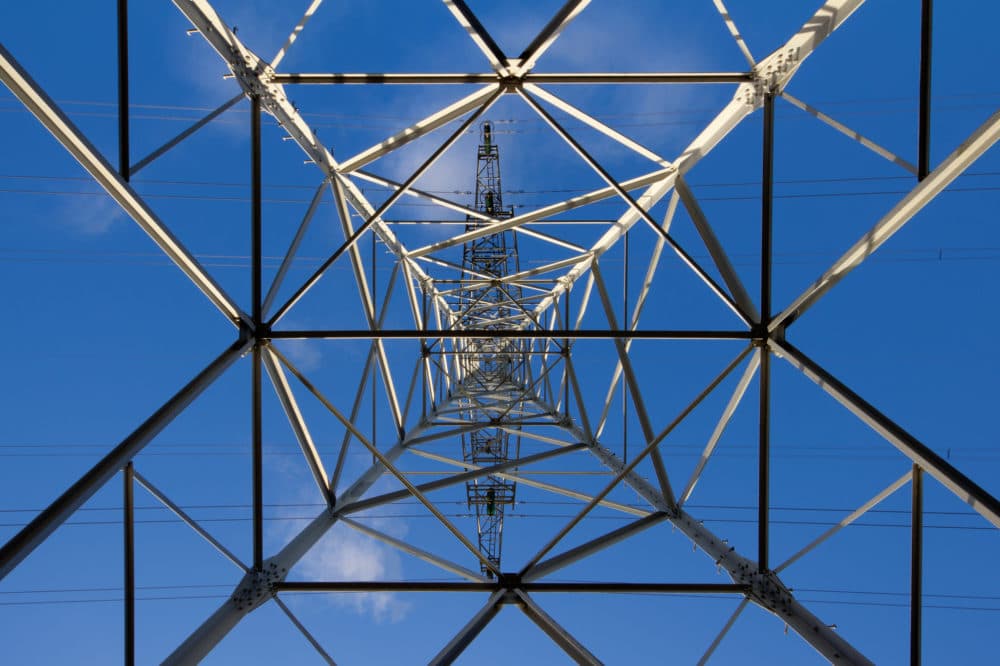It’s the most wonderful time of the year again, and by that I mean it’s National Consumer Protection Week.
It can be a scary out there for consumers, with a world full of scammers trying to take advantage of unsuspecting patrons. Luckily the Colorado Office of Consumer Council has your back and has a guide to avoiding getting scammed — at least on utilities.
The six-step guide provided by the department includes making sure to ask verifying questions and to make payments only to verified utility companies.
The department also urges consumers to use practical wisdom when handling sensitive information and to contact the authorities if you or someone you know has been the victim of fraud.
Here, in part, is the advice they offer:
- Take Your Time. Do not be rushed. If someone calls, appears, or emails saying you have to pay your bill immediately to avoid disconnection, tell them you would like to verify that they are a legitimate utility company representative by calling a verified number for the utility company.
- Utilities Mail Disconnection Notices. Remember, your utility company will not notify you by phone, email, in person, or text message as your first and only notification about a potential disconnection or shutoff—it will mail you such notice—at least one, if not several times, before terminating service.
- Always Ask Questions. Ask the person calling you or visiting you in person to provide you with your account number, your last payment amount, date of payment, and their employee identification number. If he/she is a legitimate utility representative, this information will be readily accessible.
- Report the Scam to Your Utility. Document what the scammer told you, including the name they provided you, the date and time you spoke with them, their caller ID number, their employee identification number, the method and amount of payment they requested, any phone number they requested you call to pay your bill, and any other details that might aid in a possible criminal investigation.
- Pay Your Utility Only. Never make a utility bill payment to anyone calling you on the phone, coming to your door (unless that is a verified bill payment method used by your utility company), texting you, or emailing you.
- Stay Updated on Scams. Review guides like this, local news reports and websites, utility and trade association websites (including www.UtilitiesUnited.org), local law enforcement websites, state attorneys general websites, federal government websites, consumer information websites, and research incoming phone numbers you do not recognize.
There's more detail for each of those steps, so refer back to the full guide to be extra-prepared.
And for more information on how to avoid the potential pitfalls of scams and for more for more information about how to protect your personal information please visit the Federal Trade Commission website.
United Utilities Against Scams can also provide consumers with information about how to avoid utility scams.














